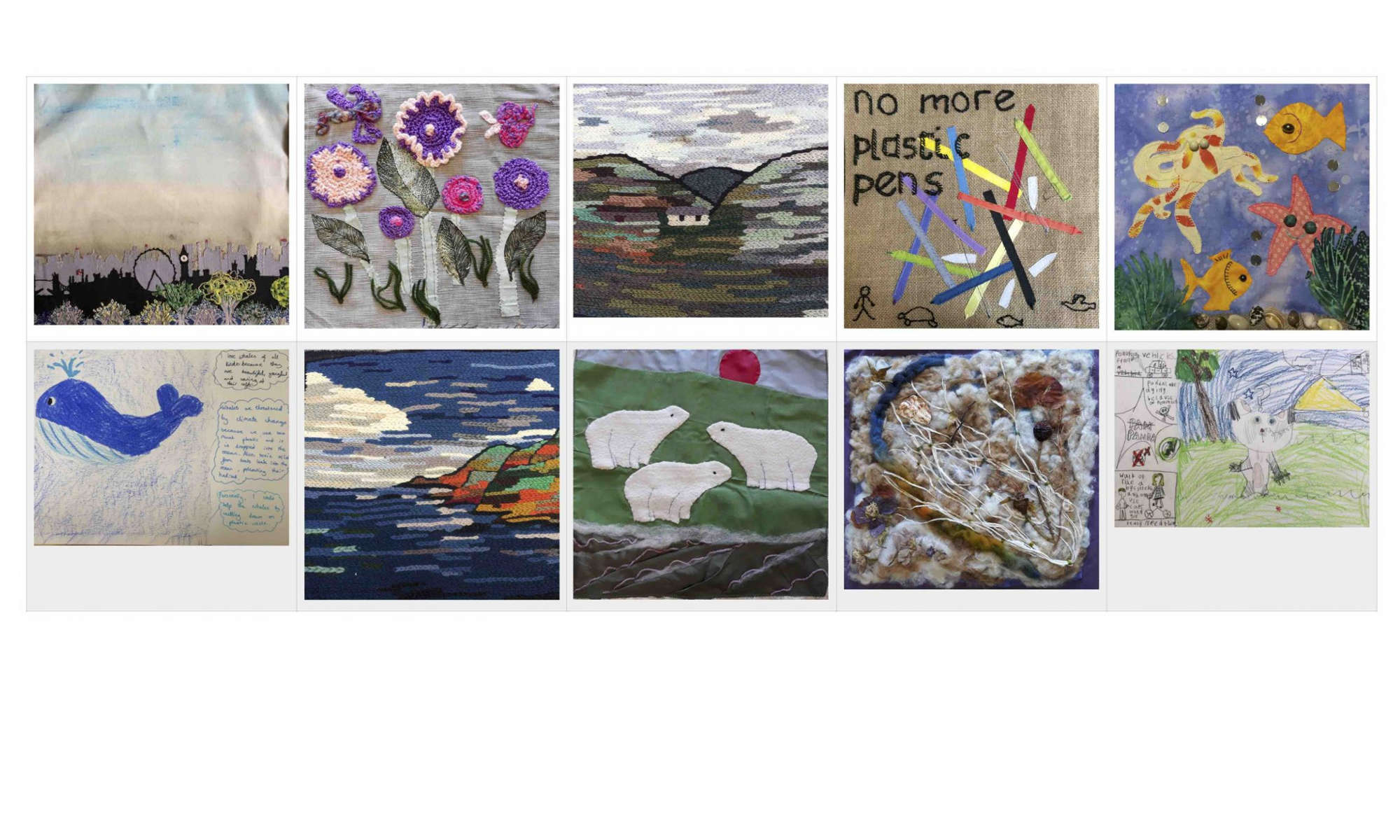There are some steps we can take right away as individuals.

Eating a plant-based diet and avoiding flying may be the most effective simple steps. Most of us could also buy less stuff, and pay attention to what we buy, and some of us could have another person live in our homes. Do we know how it was made, and where it comes from? Or what pollution was created and energy used to make it and get it to you? Trying to buy local and organic goods without unnecessary packaging, and re-using and recycling are all good habits.
Reducing our carbon footprint and using less energy in general is important. Calculating your CO2 emissions, even if you only do this very roughly, will help you work out the best way to reduce them, and to understand why larger scale changes are needed too. There are also many other calculateurs on the internet, designed for different users. Free, independent advice on a wide array of practical topics relating to sustainable buildings and growing things is available here
Organisation and system change
Individuals can only do a limited amount; radical action by government and organisations is needed to change laws, transform economies societies and lifestyles, and to re-wild the despoiled world. The UN reports on Climate Change and Biodiversity have outlined a wide range of urgent measures needed for sustainable development. The Quaker United Nations Office has produced a short “Government Official’s Toolkit” guide on the climate change and its impact, with links to a wide range of research relevant to countries around the world.
In the UK, the Committe on Climate Change has recommended a wide range of measures. Many people would say they are not radical enough, or rapid urgent enough to address the emergency. The Centre for Alternative Technology has well-researched proposals for what can be done and when. Continuing public pressure is needed to ensure necessary changes are implemented, and new political structures such as Citizens’ Assemblies may be needed to have the public support and authority to take difficult decisions .
So campaigning for change and using your vote are other things you can do to help protect what you love. Greenpeace, Friends of the Earth , The Climate Coalition, Campaign to Protect Rural England , World Wildlife Fund, Extinction Rebellion, and the Soil Association are just some of the organisations approaching this from different angles. Check out their websites for more information; how do you think you could contribute? There may be a group in your local area, or you could start one, which could be fun!
- Decide on one tiny step you could take right away to help slow or prevent environmental breakdown.
- Imagine something pretty radical that you might do too!
- Talking to other people about these things and finding out more may help.
- Some of the changes necessary are pretty massive. You may want to bring your spiritual practices to bear on them if you have any. Or you may want to explore some such practices.
- Here are some of the changes a few climate scientists have made to their own lives!
